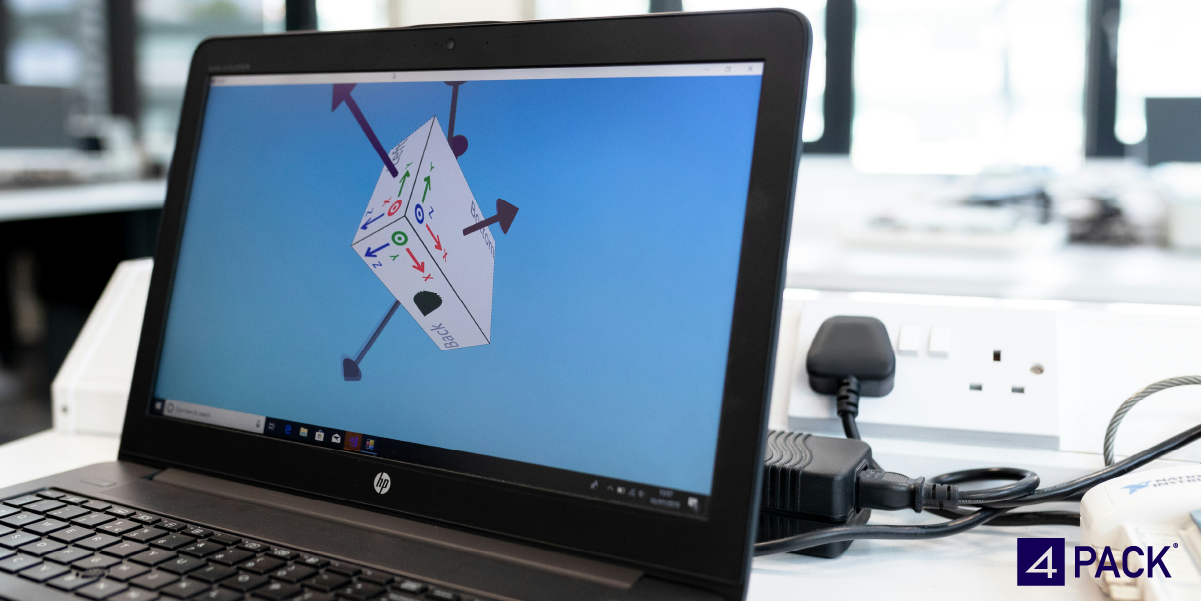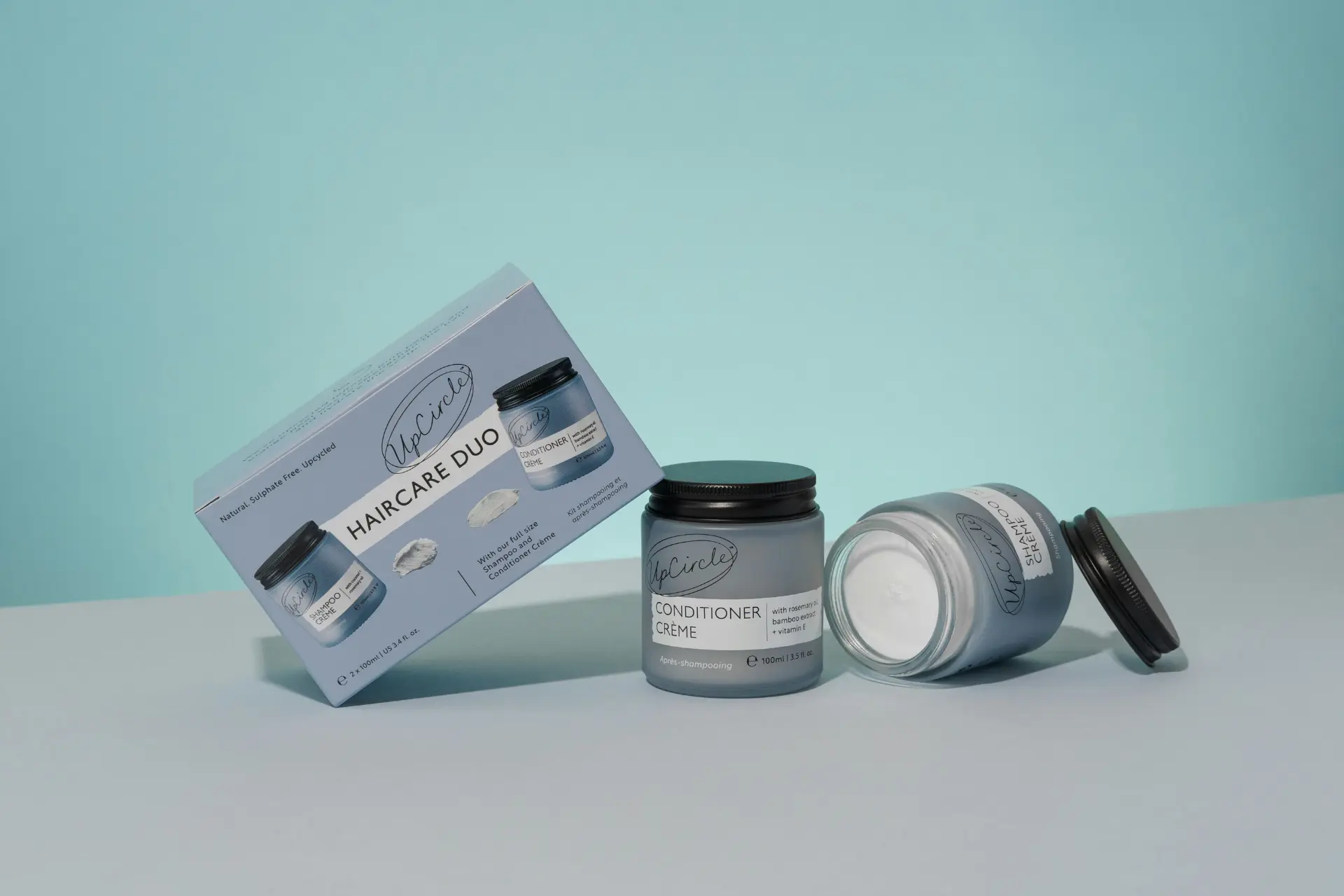As sustainability becomes central to business and consumer consciousness, recycling labels like OPRL (On-Pack Recycling Label) have taken on a crucial role. For companies managing vast amounts of packaging data, such as 4Pack’s clients, understanding these labels and ensuring compliance with recycling regulations are critical. This article dives into everything you need to know about OPRL recycling labels—how they work, their benefits, and how 4Pack’s solutions can support companies in meeting OPRL requirements and achieving sustainability goals.
What is OPRL?
OPRL, or the On-Pack Recycling Label, is a UK-based labelling scheme designed to guide consumers on the recyclability of packaging. By providing clear recycling instructions, OPRL encourages consumers to recycle correctly, ultimately reducing waste and supporting the circular economy.
The OPRL scheme began in 2009 as a response to growing environmental concerns and the need for clearer recycling guidance. Since its inception, OPRL has developed into a widely recognised and trusted label, adapting over time to accommodate changes in recycling capabilities and consumer understanding.
Importance of OPRL in the UK
As a standard within the UK’s recycling landscape, OPRL plays an essential role in aligning consumer behaviour with the nation’s recycling infrastructure. Through clear, consistent labelling, OPRL enhances the accuracy of recycling efforts, helping to reduce contamination in recycling streams and supporting national sustainability targets.
How Does OPRL Work?
OPRL uses a straightforward system of colours and symbols that quickly communicate the recyclability of packaging. For example, green labels indicate widely recyclable materials, while grey labels represent non-recyclable items, making it intuitive for consumers to make informed disposal choices.
Reading an OPRL label is designed to be straightforward. For example:
- Widely Recycled: This indicates that the material can be recycled in most household collections, like cardboard and common plastics.
- Check Locally: Some items may only be recyclable in specific locations, so consumers should verify with their local facilities.
- Not Yet Recycled: No widespread recycling solutions are available for these materials, signalling areas where further innovation is needed.
Types of OPRL Labels and Their Meanings
OPRL labels fall into several categories:
- Widely Recycled: Includes materials that most local authorities accept, such as glass and certain plastics.
- Check Locally: Advises consumers to check for regional variations in recycling capabilities, which may apply to certain plastics or flexible packaging.
- Not Yet Recycled: These materials currently lack a recycling pathway, which can guide companies towards innovation in packaging choices.
OPRL also has symbols for compostable or reusable materials, which align with the growing emphasis on alternative sustainability strategies. For 4Pack users, tracking these evolving labels is streamlined through centralised data management, which can adjust labelling according to regulatory updates and material advancements.
Benefits of Using OPRL for Brands and Consumers
For Brands
OPRL offers brands transparency in their sustainability messaging, helping build trust with eco-conscious consumers. For 4Pack’s clients, integrating this certification into packaging workflows supports effective compliance, while also allowing real-time label updates based on data.
For Consumers
OPRL labels make recycling straightforward for consumers, empowering them to make environmentally responsible choices. By aligning packaging practices with OPRL, brands can educate consumers, promote eco-friendly behaviours, and reduce contamination in recycling streams.
Environmental Benefits
Clear labelling significantly supports the reduction of landfill waste and contamination in recycling systems. By directing more recyclable materials into appropriate channels, OPRL contributes to the circular economy, aligning well with 4Pack’s commitment to sustainable data management.
How to Implement OPRL for Your Products
Steps to Certification and Labelling
Brands can apply for OPRL certification by submitting details of their packaging materials to the OPRL organisation. Approved brands gain access to use OPRL labels on their packaging. With 4Pack’s comprehensive packaging data management solutions, businesses can easily manage the certification process and update labels in real-time as packaging evolves.
The certification includes membership fees, though these costs are balanced by the long-term benefits of regulatory compliance and enhanced brand reputation. 4Pack’s platform streamlines this process, enabling efficient label integration and easy tracking of costs, compliance, and recyclability for any packaging item.
Common Misconceptions and Challenges with OPRL
One common misconception is with the “Check Locally” label, which may lead consumers to mistakenly dispose of items that are not universally recyclable. Brands can address this by educating consumers about these nuances.
Brands may encounter challenges with complex or multi-material packaging that does not meet recyclability standards. For these cases, 4Pack’s data management can help companies monitor these complexities and consider packaging alternatives to align better with OPRL standards.
Future of OPRL and Recycling Labels
As recycling technology and materials evolve, OPRL will likely adapt its labels and categories. Innovations such as digital labels and sustainable materials provide brands with new options to align with circular economy goals. 4Pack’s platform supports these advances, allowing companies to update their packaging and labelling strategies efficiently.
With the introduction of stricter regulations, OPRL is expected to play an increasingly important role. Staying ahead of these changes is essential for brands, and 4Pack’s solutions offer precise data management that ensures compliance and enables proactive adjustments based on policy updates.
How 4Pack’s Packaging Data Management Solution Helps Businesses Remain Compliant
Staying compliant with recycling and packaging regulations is a growing challenge for businesses, especially as governments tighten standards to address environmental impacts. For businesses navigating complex packaging requirements, 4Pack’s packaging data management solution offers a powerful tool to maintain compliance efficiently and effectively.
Centralised Data for Regulatory Precision
One of the core strengths of 4Pack’s solution lies in its ability to centralise all packaging data in one secure location. With data on materials, recyclability, weight, and environmental footprint readily accessible, businesses can quickly review their packaging inventory and assess its compliance with national and international standards. By keeping data centralised, 4Pack ensures that companies have a single source of truth for their packaging information. This is crucial when meeting diverse regulatory requirements.
Streamlined Collaboration Across the Supply Chain
Compliance doesn’t stop at a business’s own operations; it often requires collaboration with suppliers and partners across the supply chain. 4Pack facilitates this by enabling secure, shared access to critical packaging data, fostering effective communication and alignment with suppliers. This shared data access ensures that all stakeholders are working from the same accurate information, improving overall compliance and sustainability efforts. By providing a transparent view of packaging data, 4Pack also helps businesses engage in more collaborative compliance strategies with their supply chain partners.
Ensuring Transparency and Accountability
For businesses, transparency is essential in today’s marketplace, where consumers and regulators alike demand accountability in sustainability practices. 4Pack enables companies to maintain full visibility into their packaging data and share relevant compliance information with stakeholders. By having a robust data management system in place, businesses can quickly demonstrate their commitment to responsible packaging, reducing the potential for public or regulatory scrutiny.
FAQs About OPRL Recycling Labels
What does “Check Locally” mean?
This indicates items may not be accepted by all recycling facilities, and consumers should check with their local providers.
Why aren’t some items recyclable?
Certain materials lack effective recycling methods, though innovation is ongoing.
How can brands apply for certification?
Applications are made through the OPRL website, requiring details of packaging materials.
What are the costs of membership?
OPRL involves an annual membership fee along with labelling costs, but these contribute to transparent sustainability.
How does 4Pack support OPRL compliance?
4Pack’s data management solution helps brands track materials and recyclability status, facilitating efficient compliance.
Summary
OPRL labels provide straightforward guidance for consumers on recycling practices, supporting both individual and collective sustainability goals. For brands, particularly those using 4Pack, incorporating OPRL labelling ensures compliance, improves consumer trust, and supports the circular economy. As recycling practices continue to evolve, 4Pack’s comprehensive solutions empower companies to stay at the forefront of sustainable innovation, fostering both environmental and business value for a greener future.



